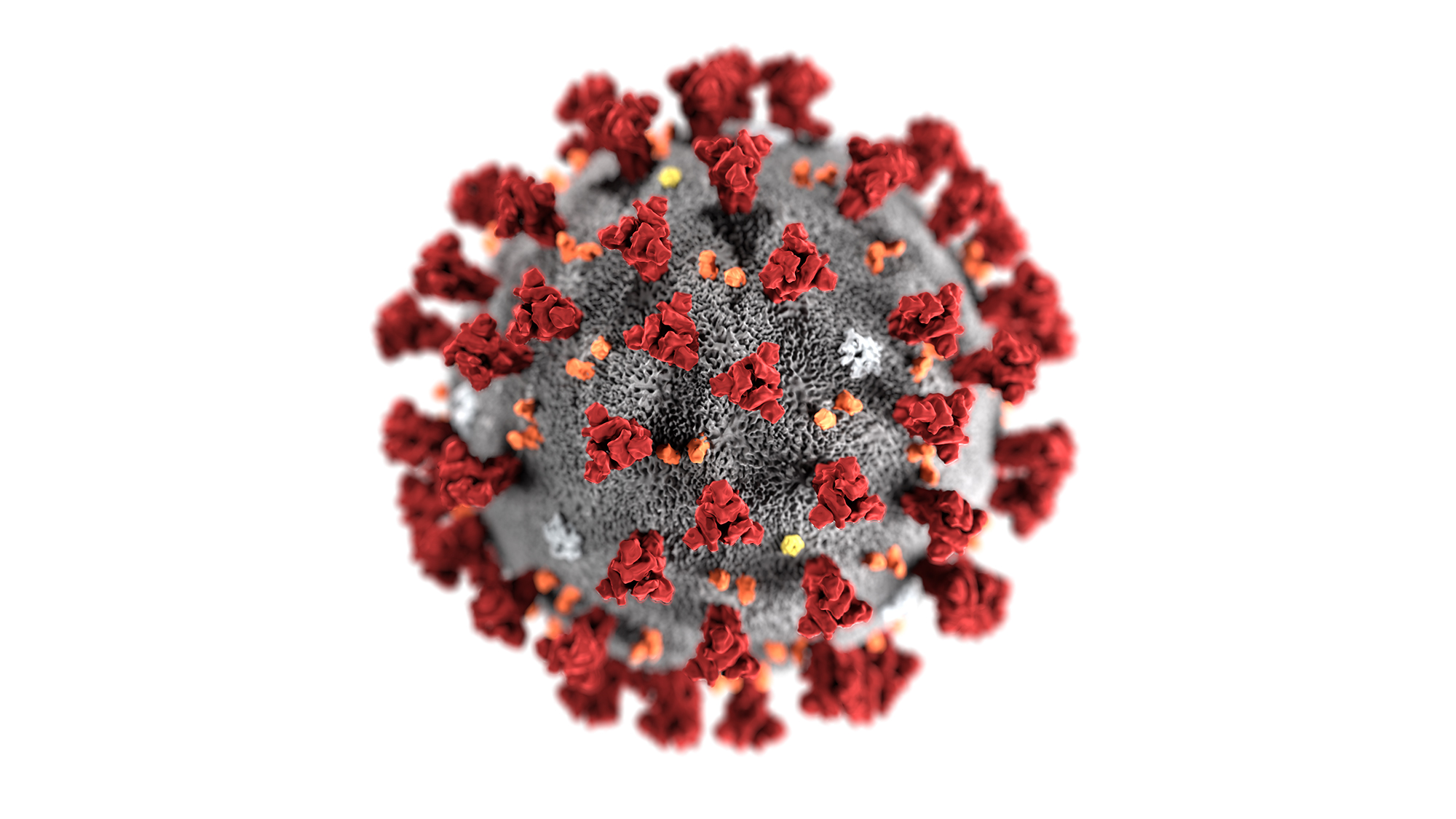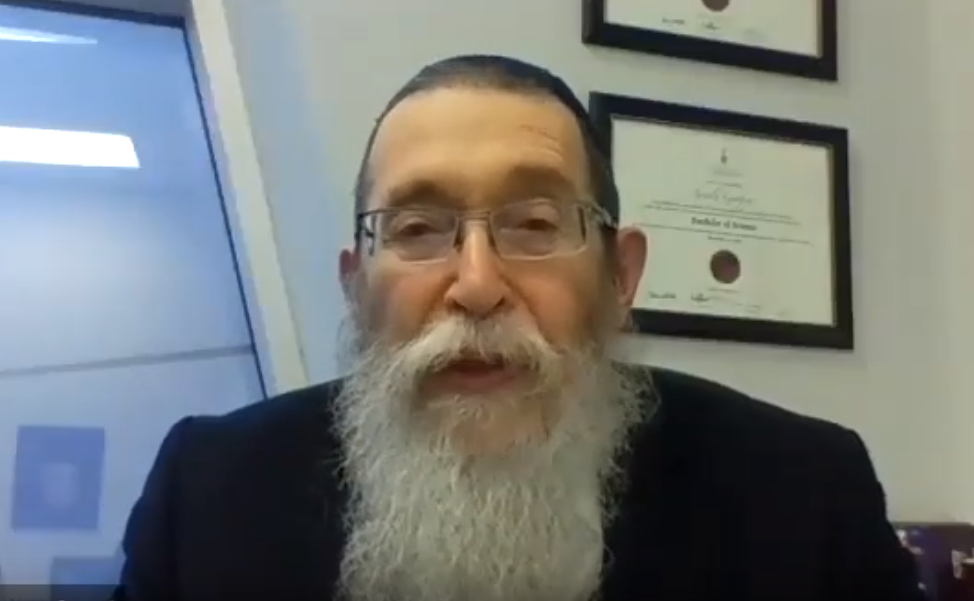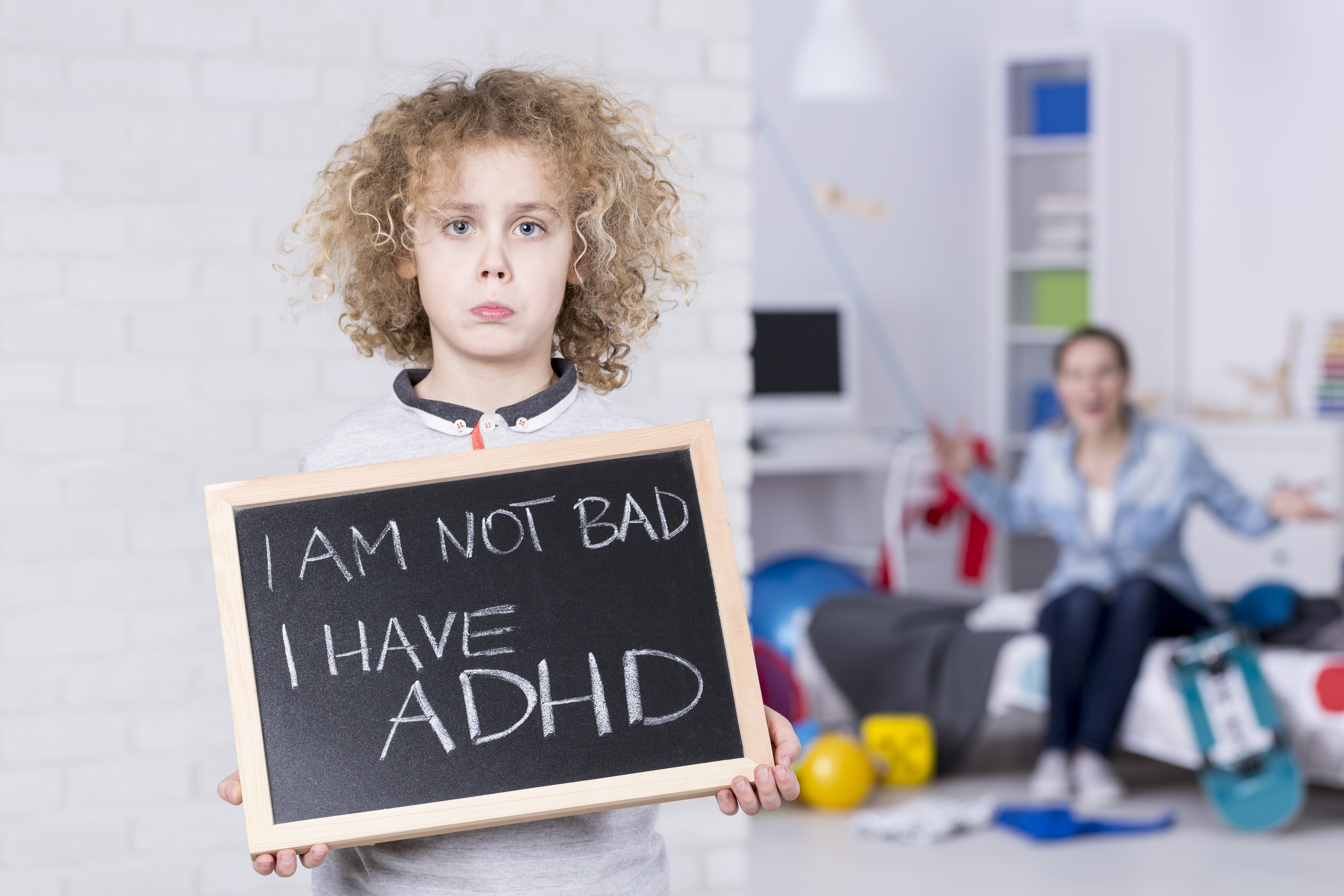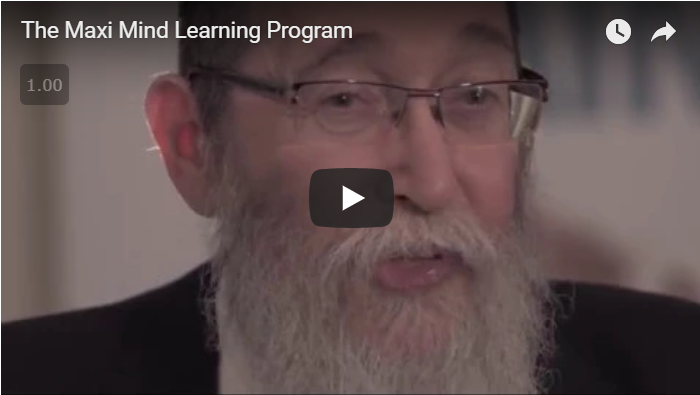The good news is that, as we learn more about the benefits of non-drug treatments for ADHD, including brain training and focused physical activity, affected children and their parents have more confidence that they can control and successfully treat the symptoms.
But what they can’t control is how others perceive and treat people with ADHD. While diagnosis and treatment have improved significantly, the misconceptions about the disorder continue to add to the challenges faced by anyone with ADHD.
By learning to address and correct those misconceptions, especially in those closest to your children, you will help reduce the stigma they create.
1. “ADHD isn’t real. Everyone has a little ADHD.”
Yeah, right. Fortunately, there is hard proof that ADHD is very real. It is recognized as a diagnosable medical disorder by the following organizations:
- The Canadian Psychiatric Association
- The Canadian Medical Association
- The American Psychiatric Association
- The U.S. National Institute of Mental Health
- The U.S. Center for Disease Control
- The U.S. Surgeon General
ADHD is a developmental disorder of the brain. MRI studies have shown measurable differences in the basal ganglia, cerebellum and frontal lobe areas of the brain in people affected by ADHD.
While we all have mind slips and bouts of increased activity, to say that they are “a little ADHD” or an “ADHD moment” reveals a lack of understanding about the disorder. ADHD is a chronic condition that does not “pop up” occasionally.
2. “It’s just an excuse for bad behaviour and laziness.”
If there’s one misconception that irks more than others, it is that ADHD symptoms are a sign that a person is bad or lazy. The truth is, without treatment, people with ADHD can’t control their symptoms any more than a person with a cold can stop sneezing. If anything, they must exert a huge amount of effort to try to manage the symptoms – and the misconceptions that the symptoms create.
3. “ADHD comes from bad parenting.”
Parenting a child with ADHD multiplies the challenges of raising children that every parent faces. None of those challenges is more difficult to deal with than the misconception that parenting is the cause of the condition. ADHD is a neurobiological condition that is mainly caused by genetics.
4. “There are drugs to control it.”
When you have an occasional headache, a couple aspirin will do. a. But if your headaches are chronic, you need to find the cause because you don’t want to continue to suffer. While ADHD medications like Ritalin and Concerta can reduce symptoms, they are not an effective long-term treatment. And their powerful side effects often create more problems than they solve.
The best way to defeat the challenges of ADHD, and the misconceptions that surround it, is to keep learning as much as you can about the condition, how it affects your child and how to give him the tools and support he needs to get over the hurdles.
You can learn more today about a powerful, safe and drug-free approach to treating and even eliminating the symptoms of ADHD. Call Maxi Mind Learning Centres at 416-858-9868 or Contact Us for a free initial consultation. A Maxi Mind solution can be customized to suit your child’s needs and your family’s budget.
Source:
Sources:
http://www.caddac.ca/cms/CADDAC_pdf/Umesh%20plenary%20November%203rd,%202008.pdf
http://add.about.com/od/adhdthebasics/a/10-Things-Not-To-Say-To-Someone-With-Adhd.htm






